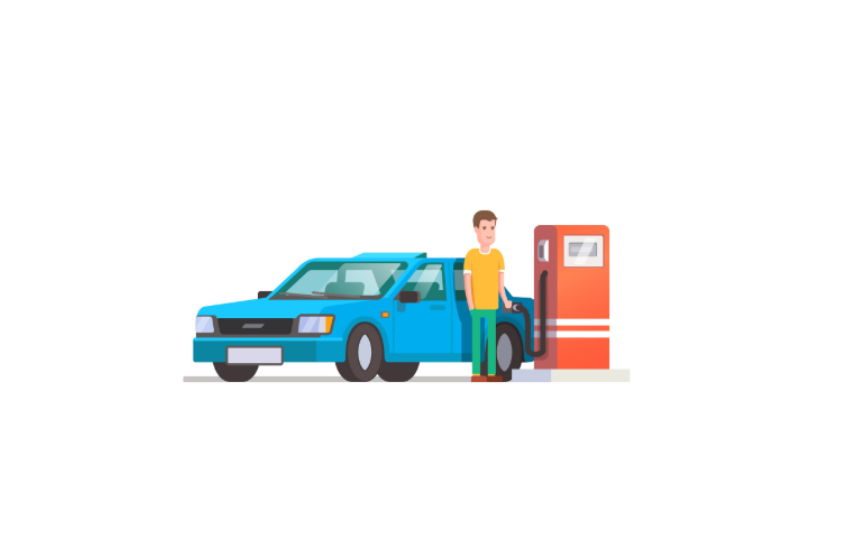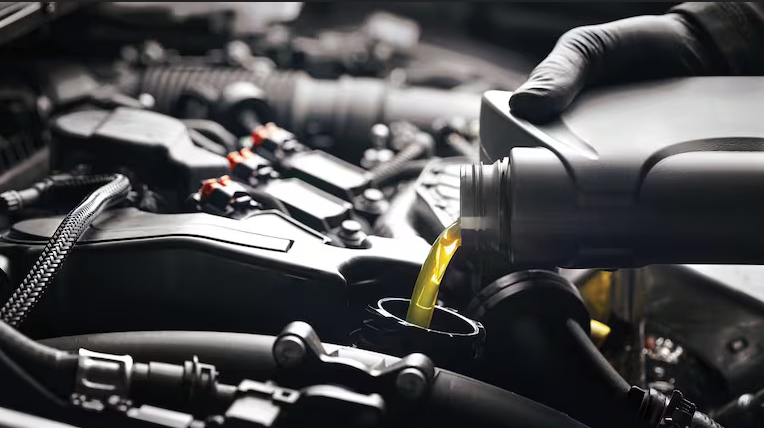When arranging a domestic fuel delivery in the United Kingdom, many homeowners focus primarily on the price of heating oil and the reliability of their supplier. However, one often-overlooked aspect of the process is the documentation required to ensure a smooth, compliant, and hassle-free delivery. Whether you are ordering kerosene for heating, gas oil for agricultural use, or exploring sustainable alternatives like HVO, understanding the paperwork involved can save time and prevent potential issues.
Below, we’ll explore the key documents and details you may need for domestic fuel delivery in the UK.
1. Proof of Address
One of the first documents most fuel suppliers will request is proof of address. This is particularly important for new customers or when arranging delivery to a property that hasn’t previously received fuel from that supplier.
Acceptable forms of proof include:
- Utility bills (electricity, gas, water) dated within the last three months
- Council tax bill
- Tenancy agreement or mortgage statement
This document ensures that the fuel is delivered to the correct location and that the customer legally resides at or owns the property in question.
2. Proof of Identity
To comply with regulations and to protect both customers and suppliers from fraud, a form of personal identification may be required. This is especially relevant if you are setting up a new account or paying for fuel via credit facilities.
Typical proof of ID includes:
- A valid UK driving licence
- A valid UK passport
- Government-issued photo identification
Having this ready speeds up the verification process and prevents delays in your delivery schedule.
3. Tank Compliance and Safety Certificates
Domestic fuel delivery isn’t just about getting oil to your home – it also involves ensuring that your storage system meets legal and environmental standards. Many suppliers will ask for confirmation that your oil tank is compliant with current UK regulations.
Key areas include:
- Tank condition – No visible leaks, cracks, or rust.
- Location – Positioned safely away from drains, watercourses, or potential fire hazards.
- Bund requirements – If your tank is larger than 2,500 litres, secondary containment (bunding) is often mandatory.
While not always a “document” in the strict sense, some suppliers may request evidence of an inspection certificate or safety compliance check, especially for large or first-time orders.
4. VAT Declaration (for Certain Uses)
In the UK, the use of certain fuels – particularly gas oil and kerosene – can attract different VAT rates depending on how the fuel is used. For domestic heating oil, the VAT rate is typically 5%, but suppliers may require a signed declaration confirming the intended use.
For example:
- Domestic heating – Reduced VAT rate applies.
- Commercial use – Standard VAT rate may apply.
Having the correct declaration ensures compliance with HMRC regulations and avoids complications if your account is audited.
5. Red Diesel (Gas Oil) Usage Declaration
If you are ordering red diesel (gas oil), you may be required to complete a usage declaration form. Since the UK introduced restrictions on red diesel use in 2022, suppliers must verify that customers are using it legally.
Permitted uses include:
- Agricultural machinery
- Non-commercial heating
- Certain construction and rail applications (with exceptions)
This declaration protects both the supplier and the consumer from potential legal penalties for misusing rebated fuel.
6. Delivery Access Information
Though not a legal requirement, many suppliers will request detailed information about delivery access to your property. This can be considered a form of documentation, as it ensures drivers can safely reach your oil tank.
This may include:
- Written delivery instructions (e.g., gate codes, narrow lanes, overhead obstructions)
- Site diagrams or photographs (for properties with difficult access)
- Confirmation of safe standing space for the delivery vehicle
Providing this information in writing ensures smoother logistics and reduces the risk of failed or delayed deliveries.
7. Credit Application Documents (if applicable)
For customers looking to spread the cost of fuel through a credit account or direct debit plan, additional paperwork will be required. This typically involves:
- Proof of income or employment
- Bank details for payment setup
- Credit check consent forms
Though not relevant to every homeowner, these documents are crucial if you want the flexibility of staged payments rather than paying upfront for your oil.
8. Environmental or Renewable Fuel Certifications (Optional but Growing in Importance)
As more UK households explore renewable fuels such as Hydrotreated Vegetable Oil (HVO), suppliers may provide or request certification documents to verify the fuel’s sustainability credentials. These include:
- Renewable fuel certification from suppliers
- Sustainability declarations (for grant or incentive purposes)
While not mandatory for all homeowners, these documents are increasingly valuable for eco-conscious households or those applying for green energy funding.
Why Having the Right Documents Matters
Ensuring that you have the proper documents ready for your domestic fuel delivery helps in several ways:
- Faster service – Avoid unnecessary delays or repeated calls from your supplier.
- Legal compliance – Stay in line with HMRC and fuel usage regulations.
- Safety assurance – Ensure your storage system is safe and meets UK standards.
- Financial accuracy – Prevent overpaying by securing the correct VAT rate.
Final Thoughts
Domestic fuel delivery in the UK involves more than simply placing an order and waiting for the tanker to arrive. From proof of identity to tank compliance checks and usage declarations, the right documentation ensures smooth transactions, legal compliance, and safe fuel storage.
By preparing these documents in advance, homeowners can enjoy hassle-free deliveries, avoid penalties, and build strong relationships with trusted suppliers.
If you’re planning your next domestic fuel delivery, take a moment to gather your paperwork first – it’s a small step that makes a big difference in keeping your home warm, safe, and compliant.


